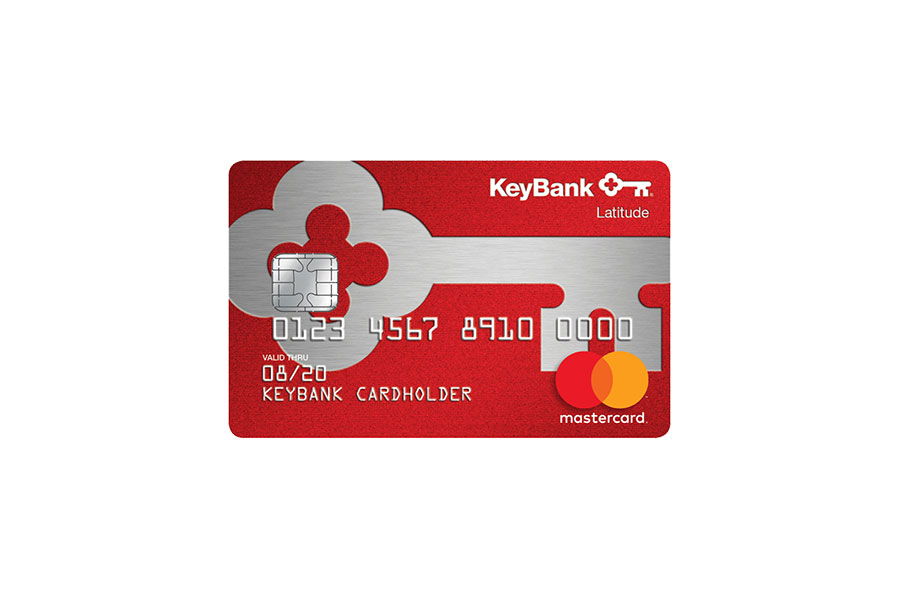Thinking of closing a bank account? Whether you’re switching banks for better perks, relocating, or just unsatisfied with your current bank, you might wonder if shutting down that old account could mess with your credit.

The short answer is no—closing a bank account typically doesn’t impact your credit score. But, there are a few things to watch out for to avoid any unwanted surprises. Let’s dive into how closing a bank account can affect you financially and what steps you should take to protect your credit.
Key Takeaways
- Closing a bank account does not directly impact your credit score, as activities associated with checking and savings accounts are not reported to the major credit bureaus.
- Outstanding balances or overdraft fees on a closed account can hurt your credit score if sent to collections, leading to a negative mark on your credit report.
- To avoid credit score issues, ensure all balances are cleared, pending transactions are settled, and subscriptions or auto drafts are canceled before closing a bank account.
How Closing a Bank Account Affects Your Credit Score
Closing a checking or savings account won’t impact your credit score because these types of accounts aren’t reported to the major credit bureaus, Equifax, Experian, or TransUnion. Your credit score is based on things like your debt payment history, credit utilization, and the amount of credit you have open—none of which include everyday bank account activity.
However, a bank might check your credit when you open a new account, which would result in a credit inquiry on your report. Beyond that, your deposits, withdrawals, and account closures don’t influence your credit score. The only exception to this is if a closed account has unpaid overdraft fees or a negative balance that ends up in collections, which can create a negative mark on your credit report.
Factors That Can Hurt Your Credit
While closing an account doesn’t affect your credit, several other factors can lower your credit significantly, thus impacting your financial health. They include:
- Making late or missing payments
- Increased debt load
- Errors on your credit report
- Credit utilization ratio – refers to the amount owed divided by your credit limit, usually expressed as a percentage. To maintain good credit, ensure you keep your credit utilization ratio below 30%
When Closing a Bank Account Can Hurt Your Credit
Closing a bank account with an unpaid balance, like an overdraft fee, can hurt your credit. If the balance remains unpaid, the bank or credit union may send it to a collection agency, which can then report it to the credit bureaus.
Collections fall under payment history, the biggest factor in your FICO Score, and can stay on your credit report for seven years, gradually impacting your score less over time. To protect your credit, regularly check your report for any lingering or outdated items.
How Closing a Bank Account Affects Your ChexSystems Report
Closing a bank account usually doesn’t affect your credit score, but it can impact your ChexSystems report if the account has unresolved issues. ChexSystems is a consumer reporting agency used by banks and credit unions to track banking history, specifically negative account activity. It’s different from credit bureaus because it only focuses on issues with your bank accounts—things like overdrafts, unpaid fees, and account misuse.
If you leave a bank account with a negative balance when you close it, the bank might report this to ChexSystems. Once reported, this negative mark can stay on your ChexSystems record for up to five years, potentially making it harder to open new accounts elsewhere. So before closing any account, be sure all balances are settled, and no fees are outstanding.
See also: 20 Checking Accounts for Bad Credit
How to Close a Bank Account Properly
To close a bank account without any credit issues, start by clearing all outstanding balances and pending transactions. Don’t assume the account is closed once you’ve moved to a new bank—double-check for any automatic payments, pending checks, or subscriptions that could cause a negative balance.
If you’re switching banks, keep a small balance in your old account for a few weeks to cover any unsettled transactions. Once everything is confirmed, transfer your remaining funds to the new account and formally close the old one. If there’s an outstanding balance, pay it off quickly to avoid collections.
Bottom Line
Closing a bank account won’t impact your credit score as long as the account is in good standing. Since regular bank account activity, like deposits and withdrawals, isn’t reported to the credit bureaus, it has no effect on your credit.
However, if you leave an unpaid balance, such as an overdraft, the bank may send it to collections, which could then appear as a negative mark on your credit report. To keep your credit intact, make sure any outstanding fees are cleared with your bank before closing the account.




